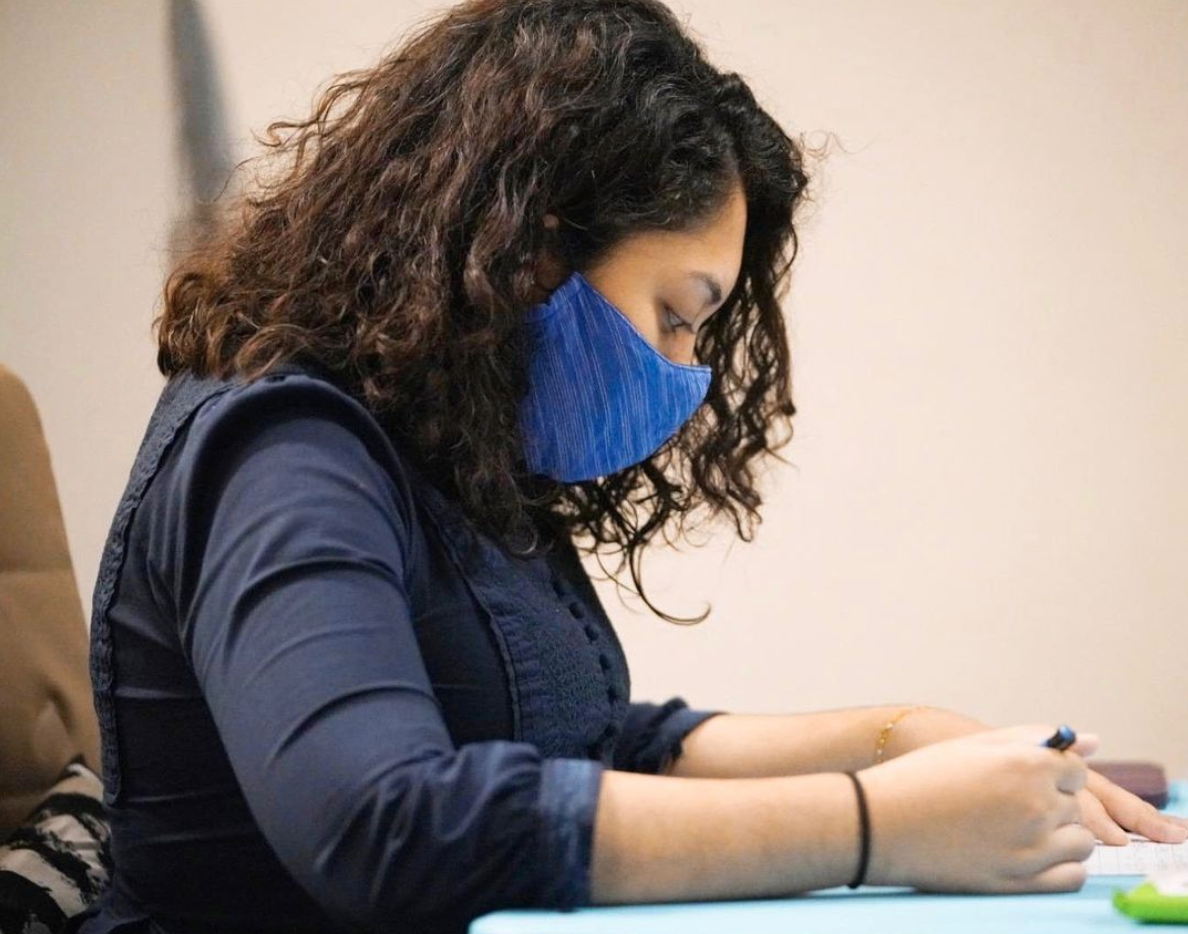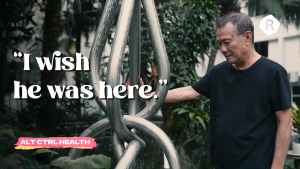On Tuesday July 6, Workers Party MP Raeesah Khan suggested in parliament that mandatory sexuality education should start from preschool.
While she acknowledged that the government has introduced harsher penalties for sexual offenders, she said that taking on a criminal justice approach doesn’t do enough to adequately address the issue.
“We must get to the root of the problem by building a strong culture of consent in our society,” she explained. “Without a strong consent culture, the criminal justice system alone cannot protect us, women, men and children from sexual harassment and violence.”
Here are 8 takeaways from her speech:
1. Sexual assault cases in Singapore are extremely high
Raeesah started her speech by saying that every woman she knows in Singapore has been a victim of sexual assault or violence at some point in their lives. In between 2017 and 2019, there were 7,483 victims of sexual assault, which average out to 6 cases a day. Half of the victims were 20 years old and younger. As sexual assault cases often go unreported, the number is likely to be a lot higher.
2. Education is necessary on top of the criminal justice system
The government has introduced stiffer penalties for sexual offenders over the years, but that has not been enough to target the root of the problem, which is the lack of understanding of consent in society.
Only teaching kids that sex without consent is bad doesn’t do enough. Educational programs need to debunk myths such as that women who drink deserve it, and that silence means consent is given.
3. Most sexual assault cases of minors are perpetrated by individuals close to the victim
Nine out of 10 cases of minors being assaulted were perpetrated by someone they trust or are close to. For this reason, these minors often don’t know they are victims or are too afraid to step forward. For the fraction of kids that do come forward, about 90% of their cases are dismissed as being either accidents or shows of affection.
4. Kids need to be taught to detect sexual violence
Raeesah said kids need to be taught four things: Body safety, when a touch is good or bad, what secrets should be shared with a trusted adult and how to get help. This will better equip them to know when they have been violated, and what next steps to take.
5. Kids have no one to turn to
Who can minors turn to after being assaulted? It is important for schools to establish safe spaces for individuals seeking help, and for these spaces to have adults who can help them without judgment.
Early childhood sexual abuse makes individuals more likely to be sexually victimised again, and many survivors struggle with depression, anxiety, and forming healthy loving relations later, which is why kids need to be supported before it’s too late.
6. Social media and the internet has made this more urgent
Social media has amplified sexual violence, so if we don’t teach kids about it early on in school, they will turn to the internet where dangerous and unrealistic depictions of sex are accessible. This puts them at risk of developing unhealthy relationships with sex, and can lead to the normalisation of dangerous attitudes, such as the practice of sharing pictures and videos of others without their consent.
7. Parents are not the best suited to educate kids about sexuality
Parents are often uncomfortable teaching their kids about sensitive topics to do with sex. A survey by AWARE last year found that only 50% of participating parents were comfortable teaching their kids about sexuality. 35% of parents felt poorly equipped to begin the conversation, and 26% worried that discussing sex would make their children more likely to have it.
This education should come from an external source because some children may be uncomfortable learning about sexuality from their parents, especially when they live in abusive households.
8. Why teachers are the best suited to provide this education
Teachers are key figures who can be trained to spot sexual abuse and assault causes among their students. Beyond this, they also need to be trained on how to support them in such instances. Generally, teachers are also the best figures to provide non-judgmental answers kids may have about sex and relationships.
Currently, teachers who teach sexuality education need to have specific training which is not given to all. However, Raeesah hopes all training teachers at NIE are exposed to sexuality training.
Where do we go from here?
It has long been contested whether it should be parents or teachers providing sexuality education to kids. But as Raeesah points out, many kids live in abusive households where they may not feel comfortable discussing sexuality openly. While this doesn’t remove responsibility from parents as a whole, it does position teachers in a special position as the only other adults who see kids everyday.
As Raeesah points out, implementing better sexuality education is urgent. As we have seen in the past years with chat groups like SG Nasi Lemak, and even the poll rating female Islamic teachers online, kids will encounter problematic spaces especially online and should be equipped from early on to maneuver them.






